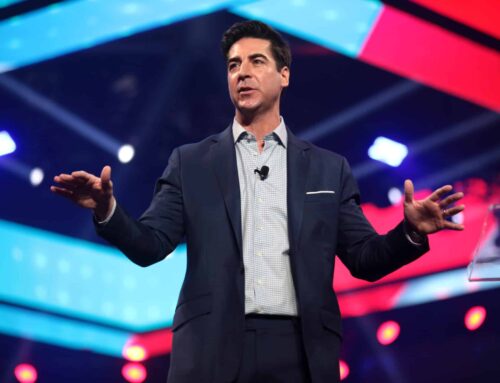Billions of dollars in subsidies and tax breaks for corporations might be spotlighted and targeted for elimination if lawmakers act on proposed legislation in the U.S. House of Representatives.
Representative Joseph Hoeffel (D-PA) has introduced H.R. 3221, the Corporate Welfare Reform Commission Act. This bill would create a commission to examine and recommend to Congress a list of government subsidies that should be eliminated.
Despite bipartisan congressional efforts and overwhelming public concern, the goal of reducing corporate welfare remains elusive. According to a 1999 poll by the Center for Policy Attitudes, 75% of respondents believe government is run for the benefit of “a few big interests.”
Corporate welfare consists of federal and state subsidies, special tax breaks and incentives, low interest loans, price supports, and unneeded contracts that are handed out at a rate of about $125 billion a year, according to published reports.
Often these mechanisms fund repetitive or needless programs that aid only a few at the expense of others or fail at their mission.
Two oft-cited examples of corporate welfare are the Advanced Technology Program (ATP) and the Nuclear Energy Research Initiative (NERI). Both use government money to fund research that would otherwise occur.
The federal government spent $19 million on NERI in fiscal year 1999, even though another government agency, the Nuclear Regulatory Commission, was already conducting equivalent research.
Similarly, the ATP funds corporate research and development grants that would continue without government support. The bipartisan Congressional Budget Office (CBO) found that almost half of ATP grant winners “continued their research and development projects despite a lack of ATP funding.” Likewise, a recent General Accounting Office (GAO) report found that three completed ATP projects duplicated private sector research.
While approximately 90% of U.S. companies do not receive assistance from the federal government, many corporate welfare recipients are major corporations. ATP grant recipients include market leaders such as General Electric, Xerox, Dupont, and United Airlines. The nuclear industry, NERI's main beneficiary, is booming with billions in revenue annually.
The Corporate Welfare Commission Act of 1999 would be a first step toward ending corporate welfare. However, debate on this issue should not prevent Congress from taking specific actions immediately to cut corporate welfare.














Get Social